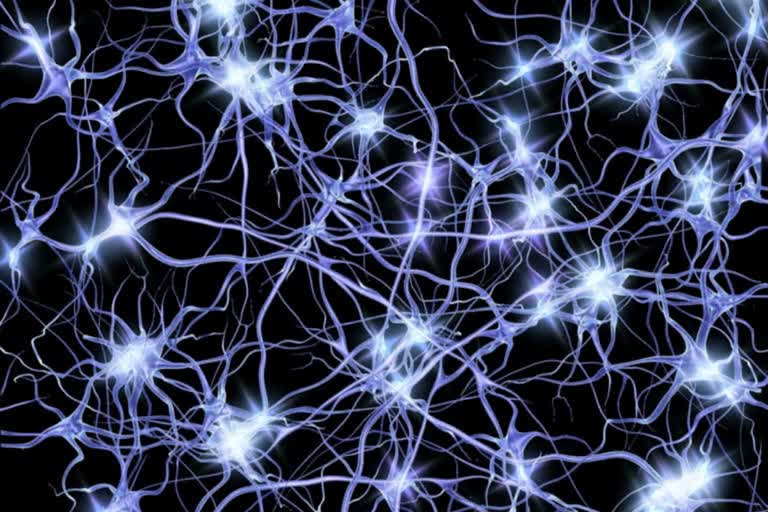Melbourne: Scientists in Australia have discovered an enzyme in bacteria that converts air into energy, an advance that opens the way for a new clean source of power. The finding, published in the journal Nature, shows that this enzyme uses the low amounts of the hydrogen in the atmosphere to create an electrical current. The research team produced and analysed a hydrogen-consuming enzyme from a common soil bacterium.
Recent work by the team has shown that many bacteria use hydrogen from the atmosphere as an energy source in nutrient-poor environments. "We've known for some time that bacteria can use the trace hydrogen in the air as a source of energy to help them grow and survive, including in Antarctic soils, volcanic craters, and the deep ocean," said Professor Chris Greening from Monash University in Australia. "But we didn't know how they did this, until now," Greening said.
The researchers extracted the enzyme responsible for using atmospheric hydrogen from a bacterium called Mycobacterium smegmatis. They showed that this enzyme, called Huc, turns hydrogen gas into an electrical current. "Huc is extraordinarily efficient. Unlike all other known enzymes and chemical catalysts, it even consumes hydrogen below atmospheric levels - as little as 0.00005 per cent of the air we breathe," said Rhys Grinter from Monash University.
